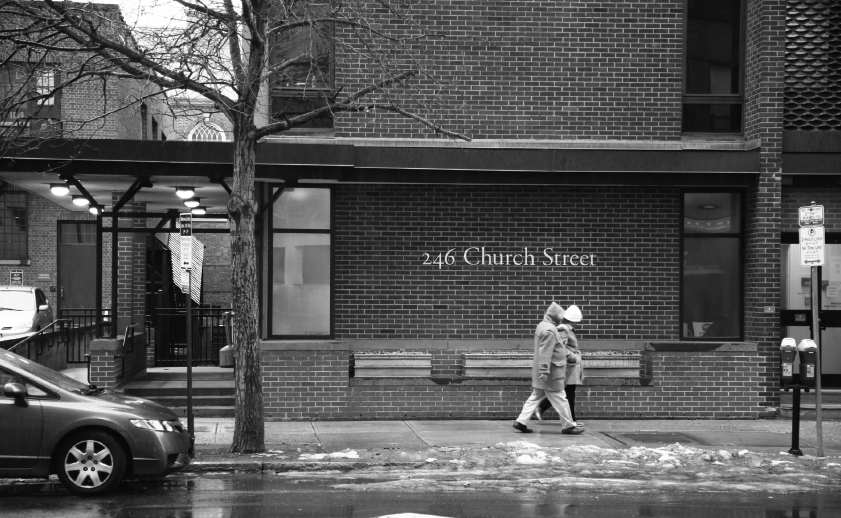
Yale Daily News
The Yale College term bill will increase 3.8 percent, from $66,900 to $69,430, for the 2018–19 academic year, the University announced Friday.
Tuition will rise from $51,400 to $53,430, and the cost of on-campus room and board will jump from $15,500 to $16,000. According to the press release, the Provost’s Office estimates that the University’s financial aid expenditures will increase by more than 10 percent next year. Over the past two decades, the term bill’s price has increased at a rate similar to this year’s.
In a statement to the News, University spokesman Tom Conroy said the growth of the Yale College financial aid budget regularly exceeds the growth of the term bill, and the cost of attending Yale College is subsidized for every student.
“The commitment is to continue to meet the full demonstrated need of all students,” he said.
In 1996–97, Yale’s sticker price was just 42 percent of the 2018–19 costs. But tuition and room and board has consistently increased by 4 percent annually since then, even amid the 2008 financial crisis, which slashed the University’s endowment by 25 percent. Yale has said that it increases tuition and room and board to keep pace with inflation and University expenses.
All of the universities in the Ivy League have maintained similar annual increases in their tuitions. Last year, Penn, Harvard, Cornell, Brown and Yale all raised their tuitions by around four percent. Yale’s increase was close to the median, while Columbia charged the highest tuition and fees, at $57,208. Princeton’s tuition and fees were the least expensive at $47,140. Harvard, meanwhile, charged $49,024 for tuition and fees.
Earlier this fall, the University announced that, for the third consecutive year, it would not increase the student income contribution for the 2018–19 academic year. For students with no parental contribution, Yale will reduce the expected summer income contribution to $1,600 for all four years and offer free insurance. In addition, Yale College Dean Marvin Chun announced that the Domestic Summer Award would give students receiving need-based financial aid $4,000 to work for non-profits, NGOs, government agencies and practicing artists.
But Yale has not announced a policy since December 2015 that would reduce the student income contribution for all students. The University has maintained that the student income contribution is an important and necessary part of the Yale College scholarship.
Yale College Council President Matt Guido ‘19 said he is pleased that the University will increase its financial aid spending by more than 10 percent as the undergraduate student body continues to expand. Still, he added, there is room for improvement in Yale’s financial aid policies.
“I’m concerned by the fact that next year the cost of attending Yale will be nearly $5,000 more expensive per year than it was in 2016-17,” Guido said. “This increase will certainly be felt by many families.”
The student effort — the amount students receiving financial aid are expected to contribute to their educations — totals $5,950 for most students.
Correction, March 22: A previous version of this article said the term bill is increasing from $69,430 to $66,900. In fact, the bill is increasing from $66,900 to $69,430.







